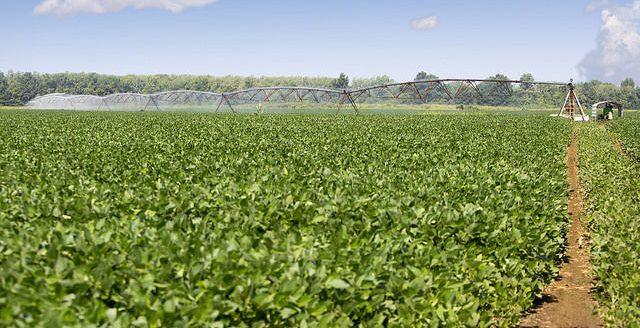The Weed Science Society of America honored K-State faculty members J. Anita Dille and Phillip Stahlman at its recent annual meeting in Arlington, Virginia, for their outstanding contributions to the field of weed science.
J. Anita Dille, professor of weed science, was awarded the 2018 WSSA Outstanding Teacher Award. Dille’s teaches three undergraduate courses as well as a graduate course in weed ecology. She plays an active role in undergraduate advising and has advised 16 master’s and seven Ph.D. graduate students.
Dille has served on the executive committee for the North Central Weed Science Society, as the first female vice president, president-elect, president and past president, finishing her term in 2017. She also has served on the WSSA executive board as treasurer. Her research program focuses on the biology and ecology of key weed species and the evaluation of integrated and site-specific weed management programs for Kansas cropping systems.
Phillip Stahlman is the 2018 recipient of the WSSA Public Service Award. This honor is bestowed each year to a WSSA member for accomplishments in advancing public understanding of the scientific principles of weed science.
Stahlman retired in 2017 after 42 years of service to Kansas State University and the weed science profession. Most of his career was spent at the Western Kansas Agricultural Research Center in Hays where he was in charge of weed management research in dryland cropping systems. His research focused on weed-crop interactions, integrated weed management strategies and the evaluation and development of experimental herbicides. During his career, he published 95 peer-reviewed manuscripts, a book chapter and over 600 abstracts and reports.
Stahlman was honored by the WSSA in 2012 with its highest recognition of Weed Science Fellow. In 2017 he was presented with the Presidential Award of Merit from the Western Society of Weed Science.
The WSSA is a non-profit professional society that promotes research, education and awareness of weeds in managed and natural ecosystems. With about 2,000 members from around the world, members include scientists from academia, government, industry, students, educators, extension agents and private producers.

